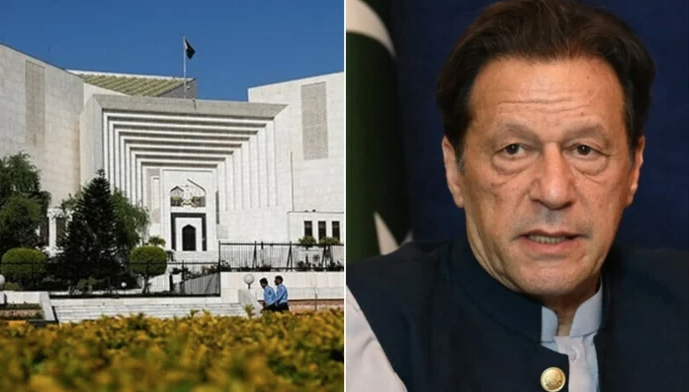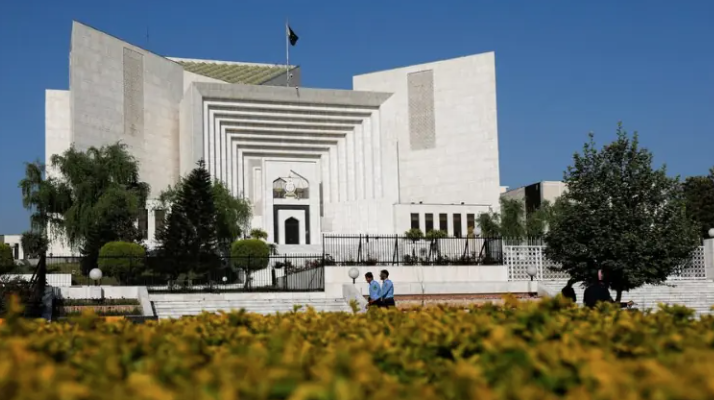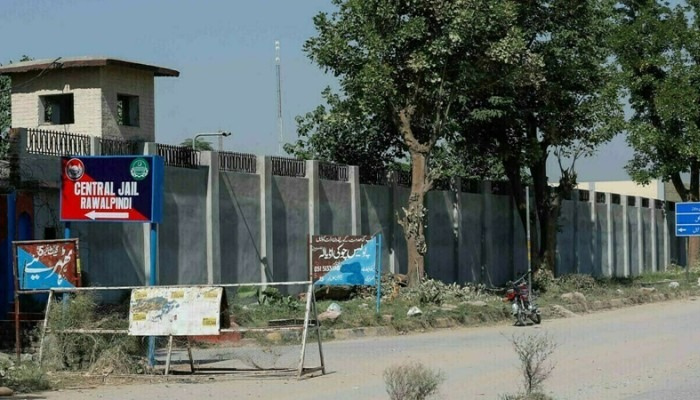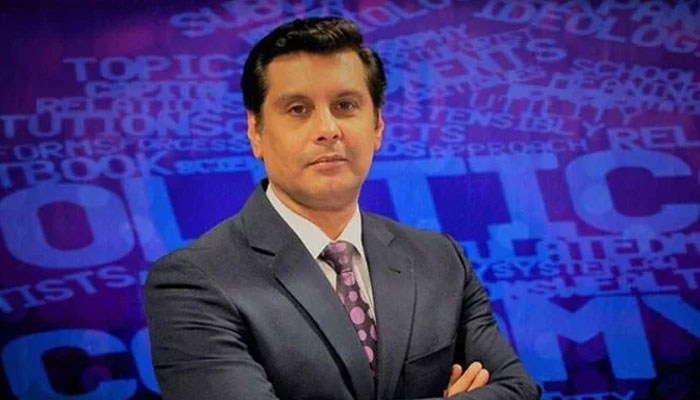LEGAL

The Supreme Court has rejected the Punjab government's request for the physical remand of Imran Khan, the founder of Pakistan Tehreek-e-Insaf (PTI), and has disposed of the appeals filed for his remand. The court’s decision comes after hearing the appeals presented by the Punjab government, which sought to subject Khan to several tests, including photographic, polygraphic, and voice matching tests.
During the hearing, Prosecutor Zulfiqar Naqvi argued that the tests were necessary, but Justice Hashim Kakar clarified that the application in question sought physical remand, not permission for tests, which could only be conducted after prior approval from the trial court. Justice Kakar further questioned why the physical remand request was being raised after one and a half years since Khan's arrest, stating that such a request at this stage was no longer valid.
The bench expressed skepticism regarding the necessity of additional cooperation from the PTI founder while he remains in custody. Justice Kakar remarked that the accused had already been detained for a significant period, and it was unclear what further cooperation was expected from him in jail. Additionally, he highlighted the option to present supplementary challans if needed.
Justice Salahuddin Pahanwar added that similar tests had never been required in ordinary murder cases, emphasizing that it was important for the government to show equal dedication in cases involving ordinary citizens.
The court ultimately dismissed the Punjab government's appeals, stating that the prosecution is free to approach the trial court for any further tests. However, it also made it clear that the legal team representing Imran Khan has the right to object to such requests when they are submitted to the trial court.
In its ruling, the court emphasized that the Punjab government could still approach the trial court if it wished to pursue the matter further.




